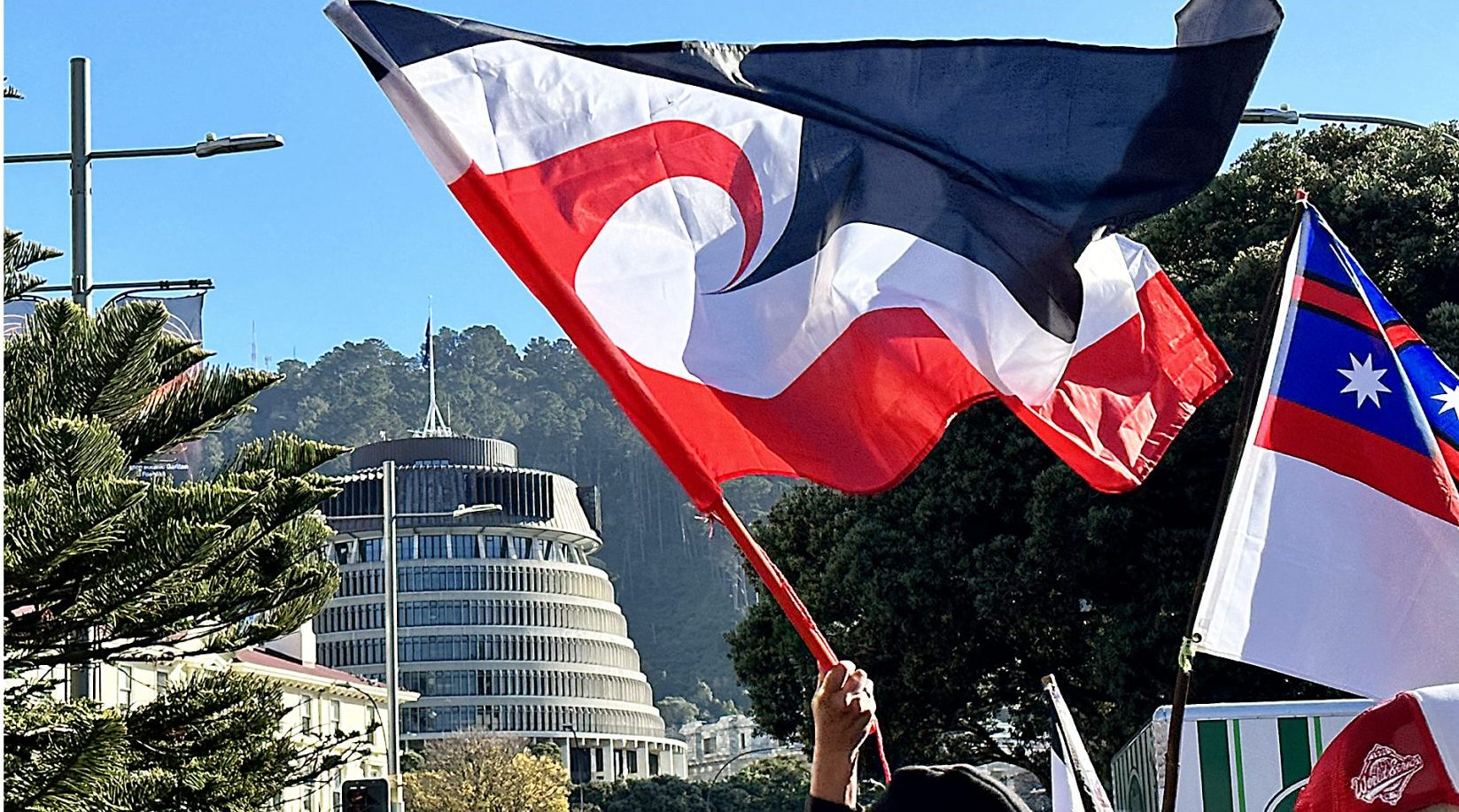The call to “Kill the Bill” resonated loudly as a hīkoi of 42,000 protesters stood before Parliament, demanding an end to the controversial Treaty Principles Bill. While the bill’s defeat seems inevitable with National and New Zealand First withdrawing their support for its second reading, it may not be struck down as swiftly as protesters desire.
Following its first reading, the bill was referred to the Justice Committee, tasked with collecting public submissions and making recommendations. Submissions remain open until January 7, with oral hearings expected to conclude by late February. The full select committee process typically takes six months, allowing time for deliberations and any proposed amendments.
Committee chair and National MP James Meager emphasized the standard nature of submission timelines, even during holiday periods. To accommodate public input, the committee extended the submission deadline to avoid overlap with New Year celebrations. Acknowledging the bill’s contentious nature, Meager assured that criteria for filtering offensive submissions were in place, noting the committee was prepared for significant public engagement.
It remains undecided whether the committee will travel nationwide to hear submissions in person. Details about procedural decisions are expected to be shared shortly, according to Meager.
Political parties and advocacy groups are actively mobilizing their supporters. The ACT Party, whose leader David Seymour introduced the bill, encouraged polite and factual submissions, warning that opposing groups might flood the committee with anti-bill opinions. Similarly, the Green Party has provided submission guides on its website.
Hobson’s Pledge, a pressure group, launched a campaign targeting Prime Minister Christopher Luxon, urging him to reconsider his stance. The group’s rhetoric criticized Luxon as lacking courage for not backing the bill more firmly.
Seymour defended the bill as an opportunity for New Zealanders to discuss modern interpretations of the Treaty. He noted that the six-month committee timeline included ample time for hearings and deliberations, balancing public input with legislative efficiency.
Prime Minister Luxon reiterated National’s position against the bill but deferred the select committee’s decision on whether to expedite the process. Luxon expressed no urgency to resolve the matter before Waitangi Day, emphasizing that the timing rested with Parliament and the select committee.
Labour leader Chris Hipkins advocated for a shortened committee period, highlighting the divisive nature of prolonged debates. He warned that extending the process could fuel further anger, hatred, and polarization. Hipkins argued for swift resolution to mitigate harm, stressing that opponents of the bill had already made their views abundantly clear.
The hīkoi, with many participants affiliating with Te Pāti Māori, amplified calls for indigenous rights and opposition to the perceived erosion of the Treaty’s significance. Te Pāti Māori co-leader Debbie Ngarewa-Packer dismissed criticisms of the hīkoi as a party-driven event, instead focusing on the broader implications of the bill. She called for the bill’s second reading to be expedited to minimize harm and curtail the racism being ignited by the debate.
Ngarewa-Packer’s stance reflected widespread frustration among Māori and their allies, who see the bill as an affront to tangata whenua and indigenous rights. By contrast, Deputy Prime Minister Winston Peters downplayed the hīkoi, asserting that the bill was effectively dead and that further action was unnecessary.
Despite the apparent inevitability of its defeat, the Treaty Principles Bill remains a lightning rod for cultural and political tensions. The select committee process, while standard in its duration, has become a focal point for both sides of the debate. With submissions open, hearings pending, and emotions running high, the bill will continue to dominate political discourse in the coming months. -TIN Bureau


